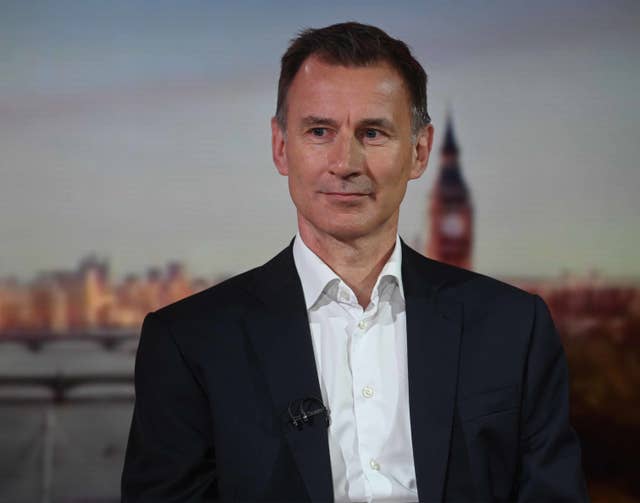The House of Common’s Health and Social Care Committee said the impact of body image on mental and physical health is “wide-reaching”.
01 August 2022
More must be done to help prevent body image dissatisfaction including putting logos on some filtered images and new training standards for people who provide certain cosmetic procedures, MPs have said.
MPs on the House of Common’s Health and Social Care Committee said that the impact of body image on mental and physical health is “wide-reaching” and that the Government is “not doing enough to understand the scale of the risks” linked to body image dissatisfaction.
A new report from the committee calls for the Government to introduce a law so “commercial images” which feature bodies which have been doctored in any way – including changing body proportions or skin tone – are legally required to carry a logo to let viewers know they have been digitally altered.
MPs also called on ministers to discourage influencers from altering their images.
Meanwhile, the committee also called for action to reduce the “conveyor belt” approach to non-surgical cosmetic procedures – such as Botox injections or chemical peels – by bringing forward a licensing regime for providers.
This should also include minimum training standards for people providing these services and a “cooling off” period between consent and providing the procedure, MPs said.
Meanwhile, dermal fillers should be made prescription-only substances, in line with Botox, the group added.
The group also called on the Government to do more to understand “rise in body image dissatisfaction across the population including the impact of social media”.
Chairman of the committee and former health secretary Jeremy Hunt said: “The government must act urgently to end the situation where anyone can carry out non-surgical cosmetic procedures, regardless of training or qualifications.


“We heard of some distressing experiences – a conveyor belt approach with procedures carried out with no questions asked, procedures that have gone wrong, the use of filthy premises.
“It was clear throughout our inquiry that some groups are particularly vulnerable to exploitation in this growing market that has gone largely unregulated.
“We need a timetable now for a licensing regime with patient safety at its centre to reduce those risks.
“We hope that ministers will listen to our recommendations and set about creating the safety standards that anyone seeking treatment has a right to expect.”
The report also calls for more to be done to tackle obesity and to help prevent chidden from developing body image issues in early life.
MPs urged the Government to restrict multibuy deals for foods and drinks high in fat, salt or sugar.
Meanwhile the Government should review the growing use of anabolic steroids for cosmetic purposes, the group said. MPs proposed a safety campaign for those at risk.
Victoria Brownlie, chief policy officer for the British Beauty Council, urged the Government to take the Committee’s recommendations forward, adding: “We want a beauty industry that stands as a beacon for body positivity with world-leading standards of care.
“Regulation for non-surgical cosmetic procedures can’t come soon enough and while the Government has committed to addressing this, current party politics means that such policy changes are in limbo. Timelines are unclear.”
Tom Quinn, director of external affairs at eating disorder charity Beat, said: “We welcome the Health and Social Care Committee’s proposal to ensure digitally altered images are clearly marked.
“Whilst viewing irresponsible advertising or social media images would not be the sole cause of an eating disorder developing, the pressure to conform to a particular body shape or size can have an incredibly detrimental effect on self-esteem and wellbeing, particularly in younger people.”
A Government spokesperson said: “We know the devastating impact issues around body image can have on a person’s mental and physical health, and we are continuing to take steps to support those affected.
“As part of our ongoing effort, we will be introducing a national licensing scheme to help prevent exploitation, improve safety and ensure individuals are making informed and safe choices about non-surgical cosmetic procedures.
“This will build on the existing support we have put in place, from expanding mental health services – including for those with body dysmorphic disorder – with an additional £2.3 billion a year by 2024, to changing the law preventing under-18s accessing Botox and filler treatments for cosmetic purposes.”



